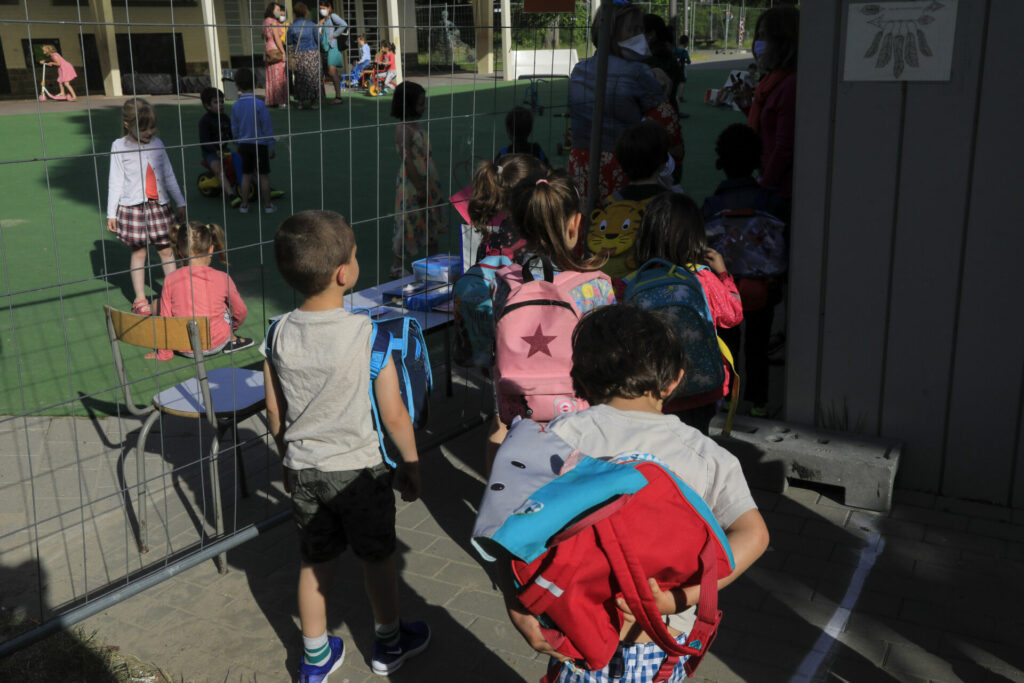A recent survey carried out by the University of Mons shows that more than half the teachers surveyed support the recent change in the French-speaking school calendar.
The change, which was approved in 2022, shortened the traditional long summer break in favour of alternating periods of seven to eight weeks of classes followed by two weeks of vacation during the academic year. Its aim is to strike a better balance between class time and rest in line with children's natural rhythms and alleviate fatigue and inequality within the educational system.
Many teachers see this new calendar as a positive change, yet others note its lack of synchronisation with the Flemish education system. Of the teachers questioned thus far, 56% favour the new calendar, 31% oppose it and 10% remain neutral. The survey, involving around 200 teachers, commenced in July and will continue until mid-September.
The concept of aligning school schedules with children's biological rhythms has been under consideration for decades, but it wasn't until the Pact of Excellence in 2017 that a consensus was reached on this reform.
Despite paediatricians and psychologists confirming the benefits to a child's physical and psychological health, truly quantifying the reform's positive impacts remains difficult, especially in terms of assessing its influence on inequality within the school system.
The reform's impact on academic success is also an ongoing discussion. Monitoring of student absenteeism in the upcoming academic years will provide further insights.
Ultimately, the survey's final results will be presented to parliament in December 2023, offering initial perspectives on the reform's impact.

